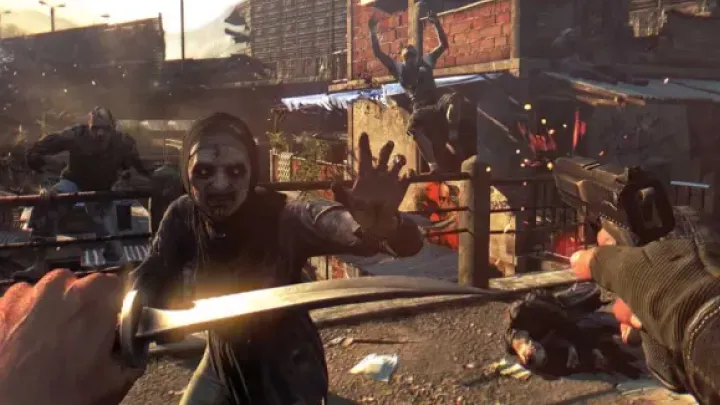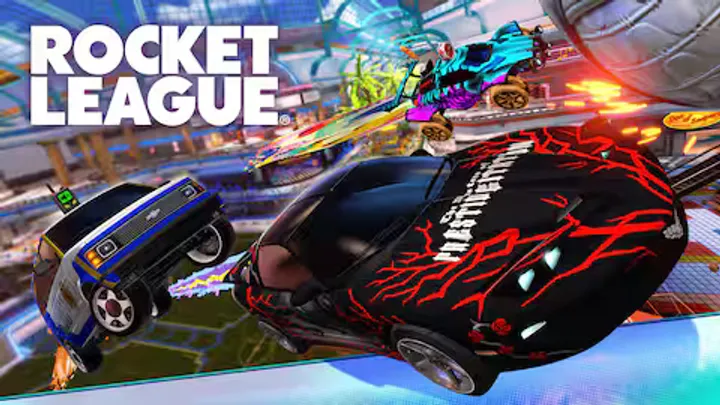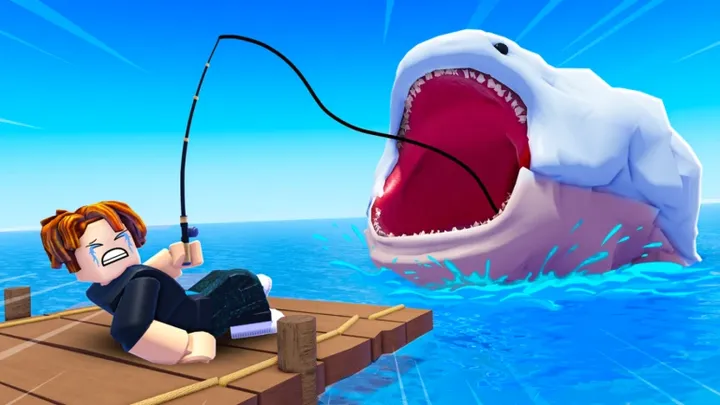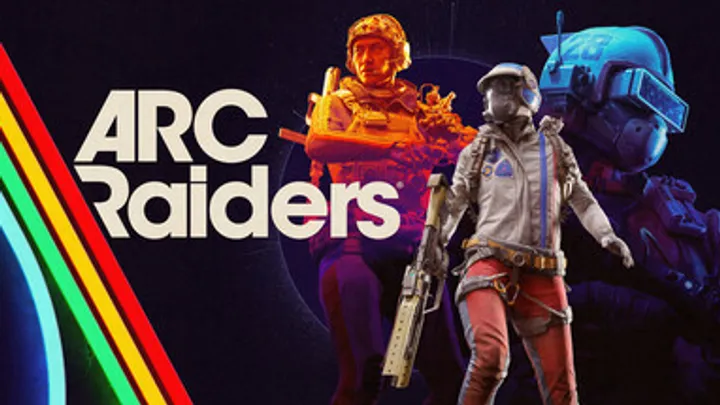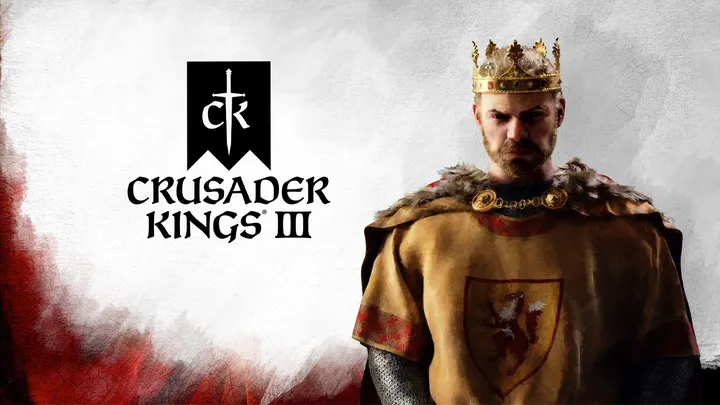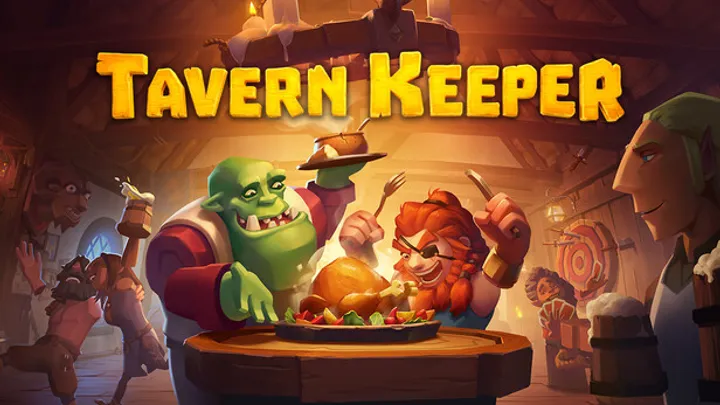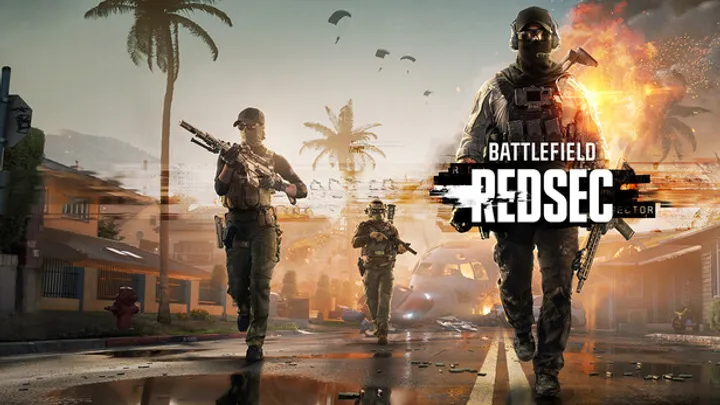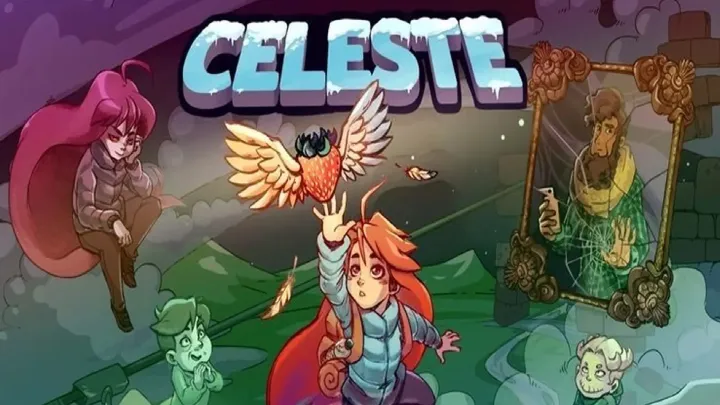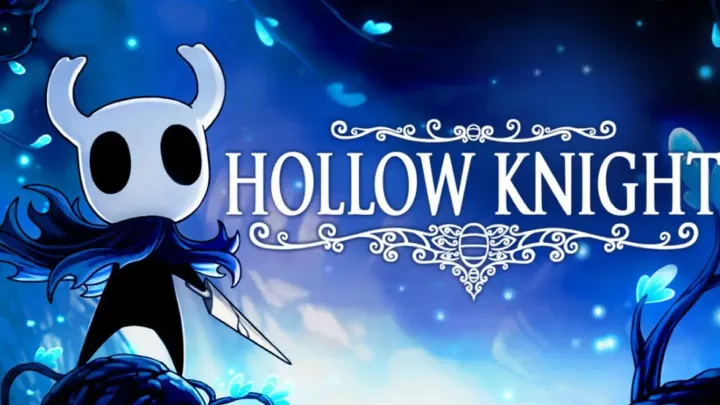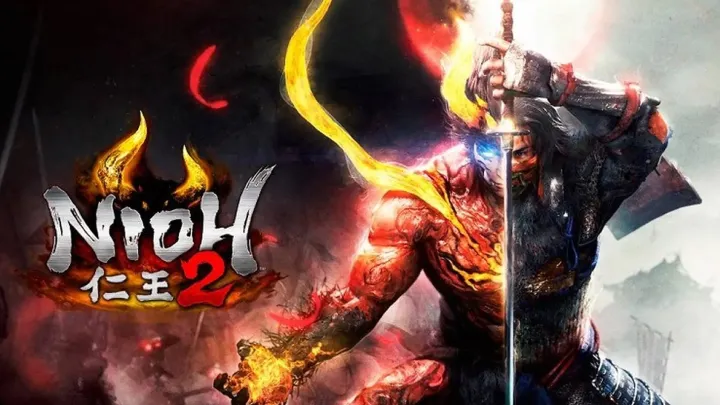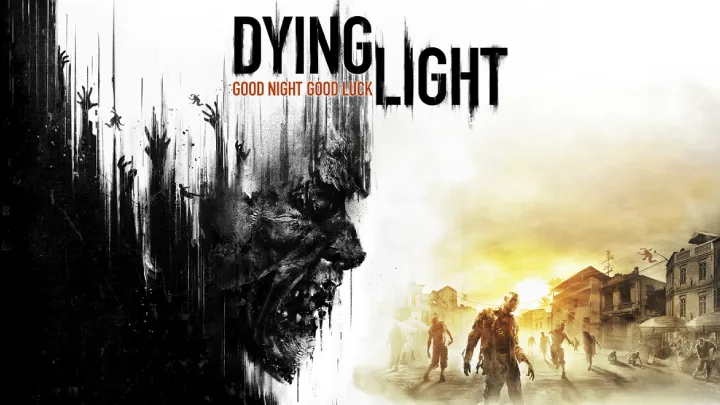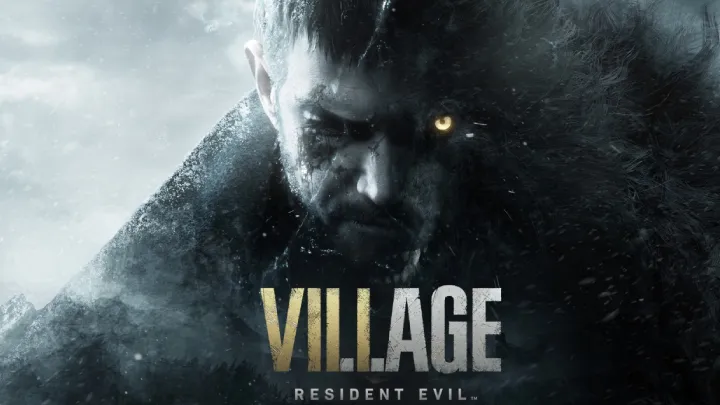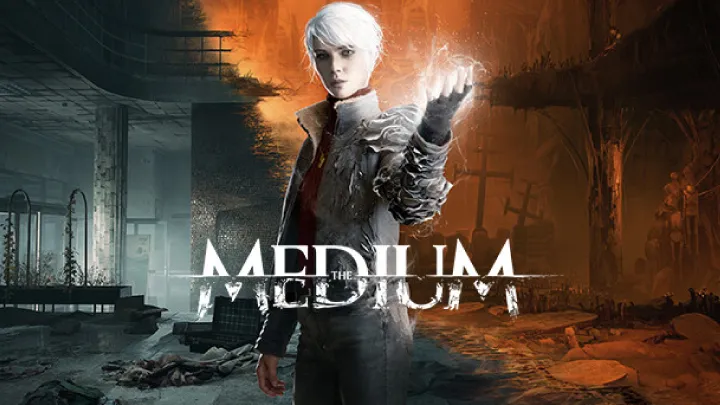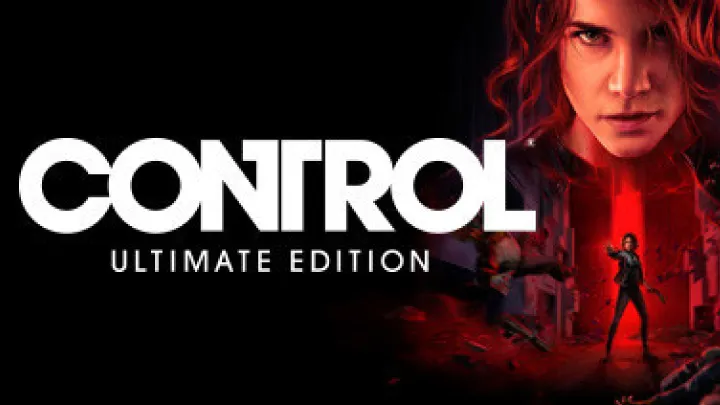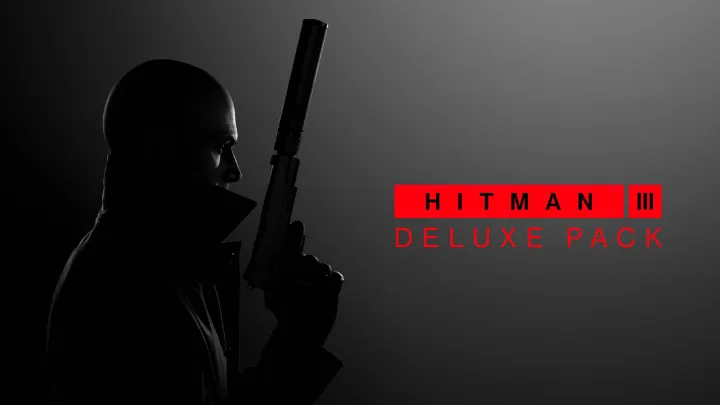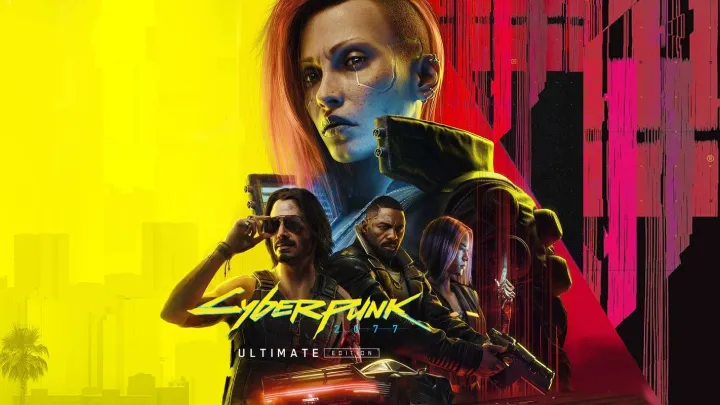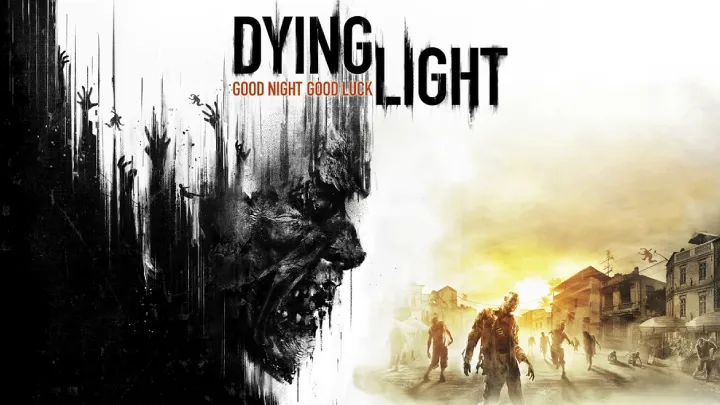
Dying Light, developed by Techland, is a first-person survival horror game set in a post-apocalyptic world overrun by the infected. The game’s blend of parkour mechanics, open-world exploration, and combat creates a thrilling experience, but it is the underlying themes of morality, humanity, and survival that elevate it beyond conventional zombie narratives. This article delves deeply into the specific issue of moral choices in Dying Light, examining how these choices impact player experience and character development, while also questioning the very nature of humanity in the face of overwhelming adversity.
The Setting: Harran as a Reflection of Society
Harran, the fictional city where Dying Light takes place, is a vibrant yet perilous environment that serves as a backdrop for the game’s exploration of moral dilemmas. The city, once bustling with life, has become a desolate landscape dominated by the infected and survivors desperately trying to navigate their new reality.
The Collapse of Civilization
The world of Dying Light is marked by the collapse of civilization due to a viral outbreak. The remnants of society, visible in the decaying buildings and makeshift barricades, reflect the fragility of human life and societal structures. This collapse sets the stage for the moral complexities that players will face throughout the game.
The Duality of Harran
Harran is characterized by its duality: the vibrant life that once thrived there contrasts sharply with the horror that now reigns. Players traverse the city’s rooftops, experiencing the thrill of parkour while simultaneously confronting the grim reality of a world where humanity is fighting for survival. This duality serves as a metaphor for the moral choices the player must make, highlighting the tension between hope and despair.
The Protagonist: Kyle Crane’s Moral Dilemma
Kyle Crane, the game’s protagonist, arrives in Harran on a mission to retrieve a stolen file that could save his organization. However, as he becomes embroiled in the struggles of the survivors, he is faced with a moral dilemma that challenges his values and beliefs.
The Mission vs. Humanity
At the beginning of the game, Crane is primarily focused on completing his mission. However, as he interacts with the survivors, he is drawn into their plight and forced to confront the ethical implications of his actions. This internal conflict becomes a driving force in Crane’s character development, illustrating the tension between professional duty and personal morality.
The Influence of the Environment
Crane’s experiences in Harran shape his understanding of humanity and survival. The harsh realities of life in a post-apocalyptic world force him to reassess his priorities and the consequences of his choices. As players navigate this environment, they witness Crane’s transformation from a detached operative to a character deeply invested in the well-being of others.
The Moral Choices: Navigating Right and Wrong
One of the defining features of Dying Light is its emphasis on moral choices. Players are frequently faced with decisions that have significant consequences for both Crane and the inhabitants of Harran.
The Nature of Choice
The choices players make throughout the game can range from minor decisions to pivotal moments that affect the story’s outcome. This system encourages players to consider the ethical implications of their actions, prompting questions about what it means to be human in a world that has lost its moral compass.
Examples of Key Choices
- Saving Survivors: Players can choose to risk their lives to save fellow survivors, reflecting the themes of altruism and sacrifice.
- Dealing with the Infected: Decisions about how to handle encounters with infected individuals raise questions about mercy and survival.
Consequences of Choices
Each choice carries weight, impacting relationships with characters and the overall narrative. For instance, saving a group of survivors might lead to greater support later in the game, while ignoring their plight could result in a more isolated experience. This system reinforces the idea that actions matter, shaping the player’s experience and the world around them.
The Infected: A Mirror of Humanity
The infected in Dying Light serve as more than just obstacles; they represent the loss of humanity and the consequences of moral decay. The depiction of the infected challenges players to confront their own perceptions of humanity and the nature of the monstrous.
The Transformation of the Infected
The infected are individuals who have succumbed to the virus, losing their humanity in the process. This transformation serves as a poignant reminder of the fragility of life and the potential for anyone to become a monster under the right circumstances. The game invites players to empathize with the infected, recognizing that they were once people with their own stories and struggles.
The Ethical Implications of Violence
As players navigate encounters with the infected, they must grapple with the ethical implications of their actions. Is it acceptable to kill the infected in self-defense, or should Crane exhibit mercy? These encounters force players to confront their own beliefs about violence, morality, and the nature of humanity.
The Role of Factions: Morality in Conflict
In Dying Light, various factions vie for control over Harran, each with its own moral compass and agenda. The dynamics between these factions further complicate the theme of morality and identity.
The Survivors: A Struggle for Power
The survivors in Harran are divided into factions, each representing different approaches to survival. The most notable factions include the Peacekeepers, who seek to impose order, and the Renegades, who prioritize personal gain over community welfare. These factions embody conflicting ideologies, challenging players to navigate the moral landscape of Harran.
The Peacekeepers vs. The Renegades
- Peacekeepers: They represent an authoritarian approach to survival, believing that strict regulations are necessary to maintain order. Their methods often involve coercion and violence, raising ethical questions about the price of safety.
- Renegades: In contrast, the Renegades prioritize individual freedom but often resort to brutality and manipulation. Their actions challenge the notion of morality in a lawless environment.
Navigating Faction Politics
As players interact with these factions, they must make choices that influence their relationships and the balance of power in Harran. The political dynamics between factions highlight the complexities of morality, as players grapple with the consequences of aligning with one group over another.
The Emotional Core: Family and Relationships
At the heart of Dying Light is the emotional core that revolves around family and relationships. Crane’s interactions with other characters reveal the human connections that persist even in the face of despair.
The Importance of Bonds
Crane’s relationships with other survivors serve as a reminder of the importance of connection in a world filled with loss. Characters like Jade and Brecken represent the hope and resilience of humanity. Their struggles and sacrifices add emotional weight to the narrative, emphasizing that family and friendship are essential for survival.
The Impact of Loss
As the story unfolds, players witness the consequences of loss on Crane and the characters around him. The emotional toll of their experiences shapes their identities and motivations, highlighting the theme that grief can profoundly alter one’s perception of the world. This exploration of loss adds depth to the narrative, inviting players to empathize with the characters’ struggles.
The Climax: Identity and Sacrifice
As the narrative approaches its climax, Crane faces a final confrontation that challenges his understanding of identity, sacrifice, and morality.
The Showdown with the Main Antagonist
The final confrontation with the main antagonist serves as a culmination of Crane’s journey. This encounter forces him to confront the moral implications of his choices and the ultimate sacrifice required to save those he cares about. The emotional weight of this showdown underscores the themes of identity and agency.
The Emotional Resolution
As Crane battles the antagonist, players witness his evolution from a detached survivor to a character deeply invested in the well-being of others. This transformation highlights the importance of self-acceptance and the struggle for agency in a world filled with chaos. The resolution of this conflict allows Crane to embrace his identity in a new light.
Embracing Identity in the Aftermath
The aftermath of the climax allows Crane to reflect on his journey and the impact of his choices. He emerges not only as a skilled survivor but also as a character who understands the complexities of his past and the potential for his future. This evolution emphasizes the theme that identity is multifaceted and ever-changing.
The Aftermath: Reflecting on Family and Identity
Dying Light encourages players to reflect on Crane’s journey and the broader implications of family and identity. The aftermath invites players to consider the impact of their choices on both the protagonist and the world around him.
The Legacy of Crane
Ethan’s journey in Dying Light serves as a powerful narrative about self-discovery and the complexities of identity. His evolution from a grieving survivor to a determined protector illustrates the transformative power of experience and choice.
A Call for Reflection
The game invites players to consider their own journeys of self-discovery and the identities they forge. By engaging with Ethan’s story, players are prompted to reflect on their values, choices, and the connections that shape their lives.
Community Reception: Engaging with Themes of Identity
The release of Dying Light has sparked discussions within the gaming community regarding its exploration of family and identity. Players have shared their interpretations of the game’s themes, reflecting on the narratives that resonate with them.
Positive Feedback on Character Development
Many players have praised the game for its nuanced exploration of character development and emotional depth. Ethan’s internal struggles resonate with individuals who have faced similar conflicts in their lives, making his journey relatable and impactful. The game’s ability to tackle complex themes within an engaging narrative has garnered significant acclaim.
Critiques and Calls for Depth
Conversely, some players have expressed a desire for even deeper explorations of identity and family dynamics. While the game offers a rich narrative, there is an acknowledgment that the complexities of identity cannot be fully captured in a single story. This feedback emphasizes the need for ongoing conversations about family and representation in gaming.
Conclusion: The Enduring Impact of Family and Identity in Dying Light
Dying Light presents a profound exploration of family and identity through the journey of Ethan Winters. By navigating the complexities of selfhood, memory, relationships, and choice, Ethan emerges as a character who embodies resilience and growth. The game’s rich narrative invites players to reflect on their own identities and the journeys they undertake in search of self-understanding. As the gaming industry continues to evolve, the themes presented in Dying Light will undoubtedly resonate with future narratives, reinforcing the importance of exploring the intricate connections between family, identity, and the quest for meaning.